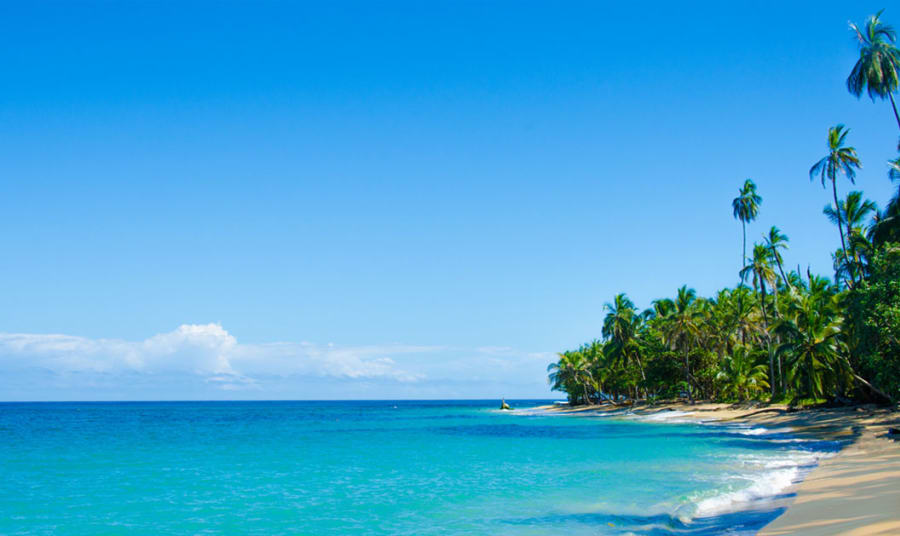Learn more about what it’s like to travel, explore, and study abroad or intern abroad in Costa Rica in our blog posts. Enjoy travel guides, tips, tricks, and reflections from current and former AIFS Abroad participants.
Growing up in the United States, there are certain expectations, rules, and customs one must follow to be considered acting as a “professional,” but one thing I’ve learned being a …
